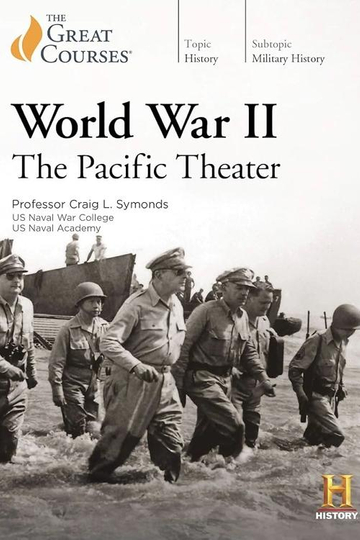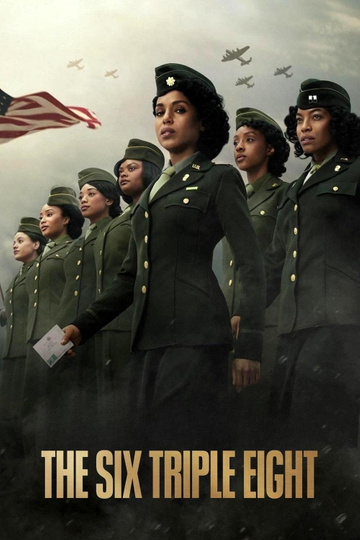Season 1 Episodes
1. The Road to War in the Pacific, 1931-1941
The origins of the war predate December 7, 1941. In this opening lecture, trace the events that led up to the Japanese attack on Pearl Harbor. Investigate Japan's interest in taking over China, and the strategic need for oil and other supplies threatened by the US-controlled Philippines.
2. Infamy! The Japanese Attack Pearl Harbor
The attack on Pearl Harbor was a tactical success for Japan, in that it destroyed much of the US naval fleet. But it also proved to be one of the most reckless and irresponsible strategic decisions in the history of warfare. Witness the events that occurred on the day of “infamy,” and reflect on how and why the US was caught off guard.
3. Japan Moves South, December 1941-May 1942
During the first six months of 1942, the Japanese military juggernaut moved from success to success in the Pacific, conquering new territory at a dizzying pace. Learn how the Japanese were able to wreck Allied naval forces in the Java Sea, and examine the invasion of the Philippines, the Bataan Death March, and General Douglas MacArthur's escape to Australia.
4. The Doolittle Raid on Japan, April 1942
In 1942, the United States needed a morale boost, and the Doolittle Raid against Tokyo and other cities was a public relations coup. Here, as elsewhere, many of the operational decisions in the Pacific Theater revolved around logistics and supplies—such as how to equip planes with enough fuel to fly 650 miles over open sea while carrying 500-pound bombs.
5. Station HYPO: Breaking the Japanese Code
Codebreaking is one of the most captivating stories in World War II, both in Europe and the Pacific. While the British were breaking German codes, Americans stationed in Hawaii wrestled with Japanese intercepts. See what they were able to decipher, and how even partial codebreaking contributed to success in battle.
6. Battle of the Coral Sea, May 1942
The Battle of the Coral Sea was the first naval battle in history fought entirely by carrier-based airplanes, in which opposing fleets never caught sight of each other. Although the Japanese inflicted more tactical damage—including the sinking of the US carrier Lexington—they failed to achieve their objective: Port Moresby in New Guinea.
7. Midway: 10 Minutes That Changed the War
Why were the Japanese determined to capture an American base on a tiny atoll in the middle of the Pacific? The surprising answer has to do with the changing nature of naval warfare, and recognition of the important role carriers played. Go inside this astonishing battle, minute by minute, and reflect on how critical decisions affected the outcome.
8. Guadalcanal: Jungle Warfare
Even before the improbable victory at Midway, Ernest J. King, the Commander in Chief, US Fleet and Chief of Naval Operations, wanted to initiate an offensive. His first target was the island of Guadalcanal, where the Japanese were building an airfield. Meet the dueling personalities in the US command and go ashore with the Marines to seize and hold the airfield.
9. Ironbottom Sound, 1942-1943
The battle for the Solomon Islands—including Guadalcanal—was a grinding and wasting six-month campaign. After multiple bloody engagements on both land and sea, Admiral Yamamoto and the Japanese high command cut their losses. By then, so many ships had been sunk that the waters nearby became known as Ironbottom Sound.


























